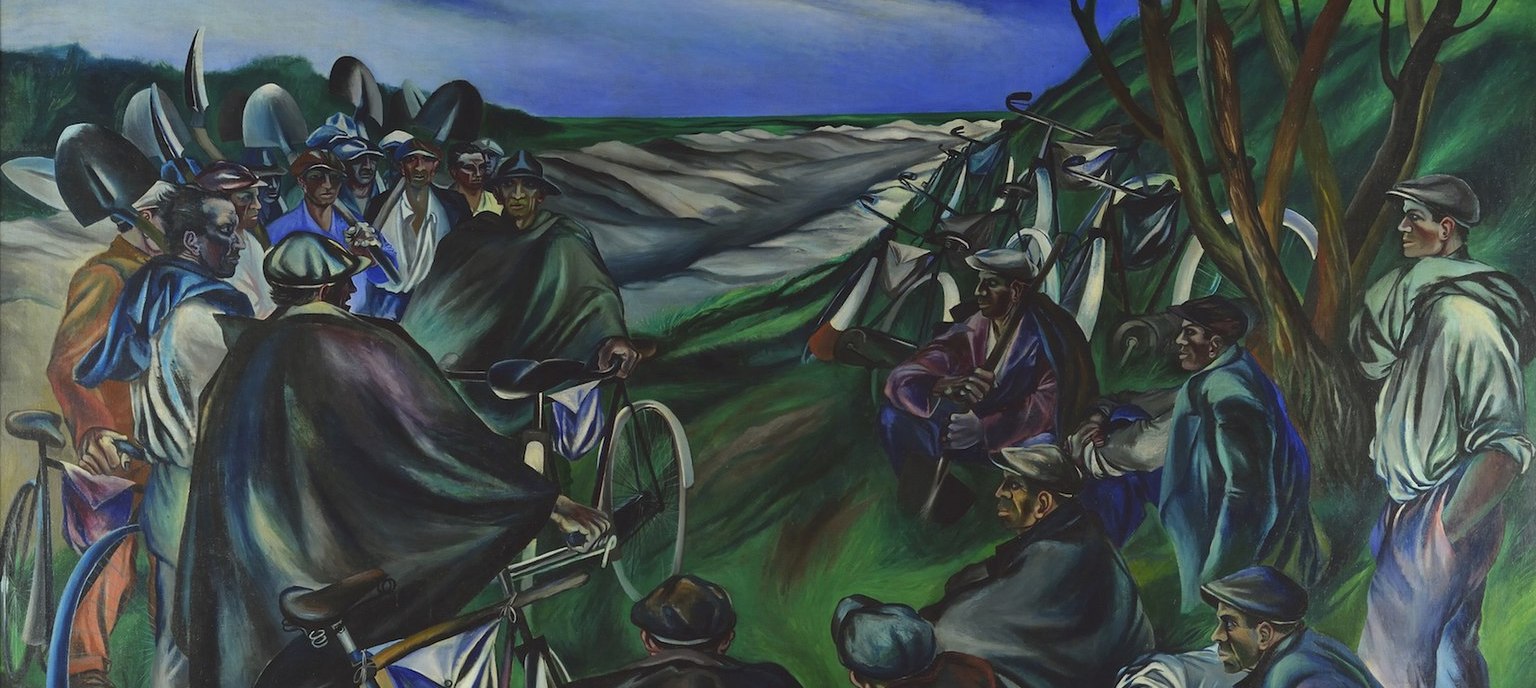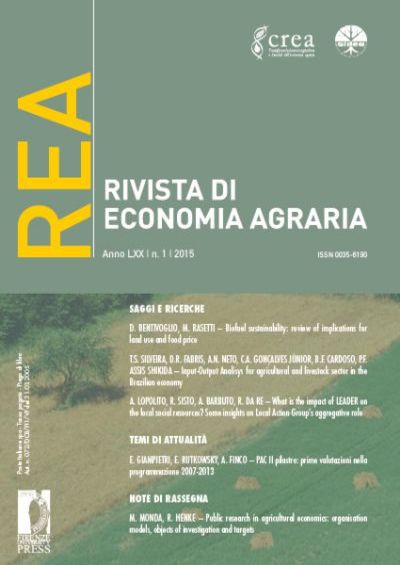
Image: © Beatrice Savoia / CC BY-SA
In the last decades, migratory processes have affected the European Union, making essential for policy makers to guarantee both the economic and social integration of new inhabitants and the cohesion and revitalization of local communities.
The use of migrant workers in the EU agricultural sector is of outmost importance within the debate on migrant presence in Member States. With that respect, migrant workers have played a strategic role by contributing to the growth and transformation of the agricultural sector and are now a consolidated reality for farmers, institutions and researchers, as shown by the difficulty of agricultural world in recruiting workforce for farming activities during the Covid-19 emergency.
The use of migrant workers in agriculture has different nuances. There are irregular workers, invisible to official statistics, workers employed in sub-standard conditions, other that are employed via informal or illegal agreements, intermediation and organization of the work, which are supported by the likewise illegal behaviour of recruitment agencies, temporary work companies, or cooperatives. A notable example of the latter is the Italian “caporalato”.
To fight the use of illegal migrant labour, more and more initiatives have been endorsed by national and local institutions and the agribusiness. Those initiatives support the regular hiring of workers in agriculture, while guaranteeing fair prices to farmers often subject to competitive dynamics carried out by other actors in the agri-food sector.
In terms of territorial and rural policies, field experiences highlight that the processes of social and economic inclusion of migrants and refugees, and their families, in rural communities, can be relevant for reversing depopulation and revitalizing the territories and allowing their economic diversification.
Against that background, this call for paper aims at contributing to the ongoing debate on the many and complex aspects of migration in EU rural areas, by collecting theoretical and empirical analyses of the working conditions, especially in the agri-food sector, and of the social inclusion of migrants in rural areas, with particular reference to the legal conditions of insertion in host communities, the possibility of enjoying citizenship rights, access to services, among others. The Special Issue will combine research with different disciplinary approaches, thereby delivering different perspective and interpretative keys to address the emerging issue and to use existing information sources, as well as providing evidence from real-world case studies.
MAIN TOPICS OF INTEREST
- The impact of migration on the agricultural and rural labour market.
- The impact of national and European policies on the integration of migrants in the rural areas.
- Illegal hiring («caporalato»), exploitation, irregular practices in the agricultural labour market: national policy efforts and local resilience practices.
- The mechanisms for migrants’ access to social welfare services, based on territorial inequalities, gender, nationality and legal and administrative status.
- The relations between migrants, demographic decline, living and working conditions, with a view to territorial development.
- The impact of Covid-19 on the life and economic conditions of migrant workers in agri-food.
Contributed papers may offer national or European perspectives:
- a) national dimension: management of migratory flows in individual Member States in relation to their use in the agri-food labour market and the process of integration, with their families, in rural communities.
- b) European dimension, comparing the work of individual Member States and of the European Union itself in a perspective of reception and integration of migrants in the agro-food sector and in rural areas.
DEADLINE
The deadline for submissions is October 30, 2020.
SELECTION OF PROPOSALS
The selection will be based on the following criteria:
- originality of the proposal;
- consistency of the proposal with the topics of the call;
- multidisciplinary approach: preference will be given to contributions that can stimulate the cross-fertilisation of disciplinary knowledge, while reflecting the specific methodologies of the scientific sector of the author(s);
- comparative analysis between different EU countries.
Valuable contributions not selected for inclusion in the special issue could be promoted through other publication channels of CREA-PB.
INSTRUCTIONS FOR SUBMISSION
The proposed contributions must be sent via the Submissions page on the Review website (https://oajournals.fupress.net/index.php/rea/about/submissions) following the procedure indicated.
The contributions will be peer-reviewed for potential publication in a Special Issue of REA.
The contributions must be written in English and can belong to the first 4 categories of the Section Policy of the REA highlighted on the Submissions page.
Only texts that comply with the editorial rules found on the Submissions page will be accepted.
FOR INFORMATION
redazione.rea@crea.gov.it
Download the PDF

